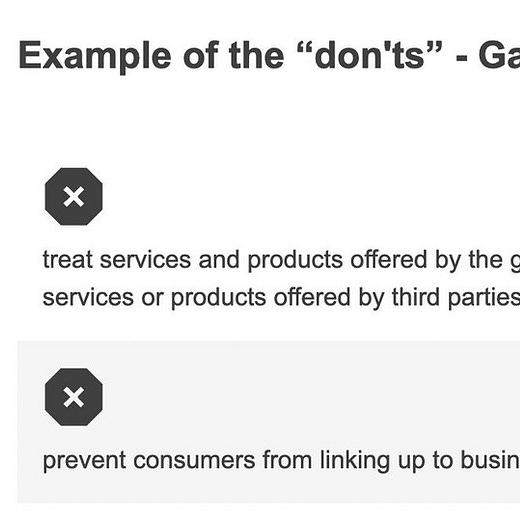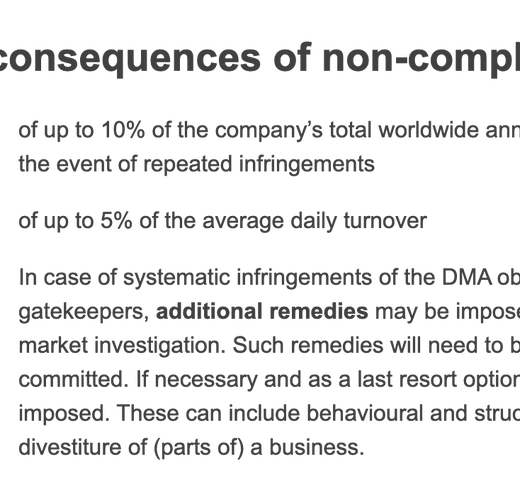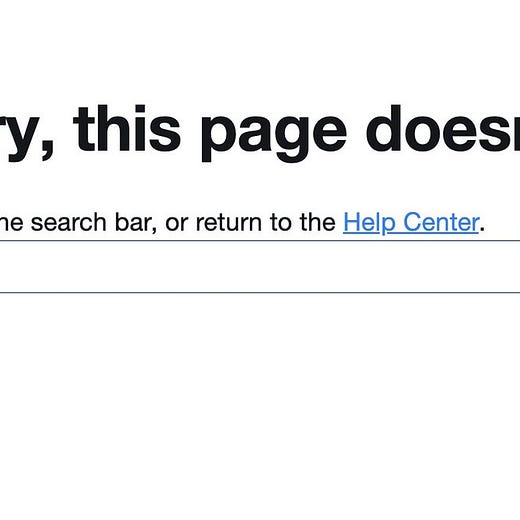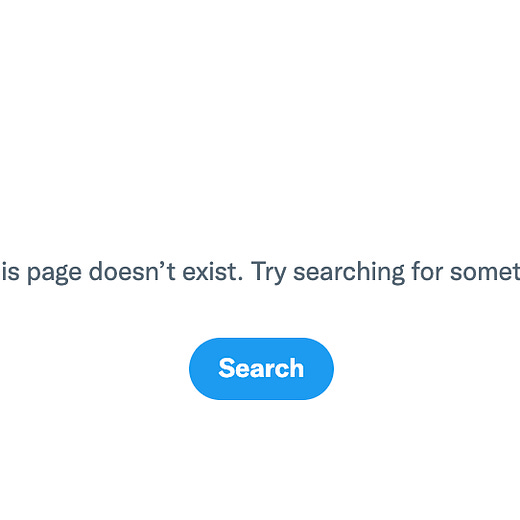hold my behavioural 🍺
🌬️ on the whims of policy change
🤳 Totally normal Friday night, in three parts:
🤑 Readers, I cashed the cheque. 👇👇👇👇👇👇👇
👇 Below are some additional thoughts that complement the piece AKA text that my editor cut but I am emotionally and intellectually attached to.
RECAP:
Previously shareable links to Mastodon were newly marked as “unsafe” by Twitter, which means any tweets that contained those links are now blocked and people are unable to add Mastodon links to their Twitter profiles. It was not clear why the same ‘policy’ did not immediately apply to other challengers that users have been chatting about migrating to, like Post News or Hive. The call out may have been due to a new-ish tool called “Movetodon,” which has made it easier for migrators to find their Twitter friends on the decentralised networking site and could have accelerated more exiting.
Is this anti-competitive?
Subsequently establishing Twitter’s ‘dominance’ depends on three criteria set out by the Act back in 1986 (when Elon was fifteen years old):
the firm needs to “substantially or completely control a class or species of business throughout Canada,”
have engaged in an anti-competitive act or acts either in the last three years or currently,
and the practice must have the effect of “preventing or lessening competition substantially in a market.”
Twitter hardly has “dominance” over ‘controls’ the microblogging marketplace, and it is dwarfed in a social media context by others including Meta’s Facebook, Google’s YouTube and Instagram, Bytedance’s TikTok, and falls behind Snapchat, Telegram messenger and even Pinterest.
Should modest market share really mean that blocking links to a comparable website is fair play.?
This recent instance is another reminder that in a digital context, business behaviours may be just as important to pay attention to outside of market dominance. Some jurisdictions have been proposing or introducing new antitrust laws that are specifically sculpted to capture the largest technology companies. It may be that Canada needs complementary legislation that recognizes that anticompetitive acts can be executed by non-dominant, but important players as well.
A more behavioural proposed approach is being considered in the US, where the now-stalled American Innovation and Online Choice Act (AICOA) suggests that the activity of self-preferencing should be deemed an anti-competitive behaviour - but only for large digital platforms that are vertically integrated into adjacent product markets. The bill would also prohibit Big Tech companies from removing would-be competitors from platforms based on vague terms of service violations - but Twitter would fall outside of that legislation. It is uncertain whether the bill will advance, as its progress is dependent on Senate Majority Leader Chuck Schumer and has been subject to considerable lobbying.
While the behavioural approach is promising, this limited Biggest-Tech-only approach also leaves Twitter out as an afterthought - to the extent that policy people are thinking about it at all. Such an approach generally fails to consider how the problematic behaviours displayed by some of the tech giants - like gatekeeping or self-preferencing - can be (and are) mimicked by digital companies of all sizes and the ways in which they cause harm. While the largest technology firms may exemplify the behaviours that are prompting new policy designs, they do not have a monopoly on them; they just have definitive market dominance as set out by the criteria in Canada’s legislation.
🇨🇦 This doesn’t mean that Canada can’t also consider how to interpret Twitter’s knee-jerk move to introduce a substantial switching cost - deactivation!
Some have pointed out that the glacial pace of antitrust investigations is ill-suited to considering digital cases, as the context under review becomes unhelpfully frozen in time, like a mastodon trapped in a block of ice as the world races on; arguing against new regulation in favour of ‘velocity.’ This is a false dichotomy. The Bureau can streamline investigations upon obtaining more effective information through market study powers. Another way to avoid having digital competition cases become the equivalent of a desiccating woolly mammoth is to subject Canada’s Competition Act to a predictable review cadence, similar to how the Banking Act is automatically reviewed every five years. That could help our law stay interesting, rather than force us to fight to play catch up or kicking reform down the road,
But we can be faster than that. Contemporary policy deliberation needs to occur in near real time, not sloth-like Tribunal timelines. The reality is that regulators need to be able to update public policy on ‘whims,’ too. 🌈













From the GM article:
"In a bricks-and-mortar context, a shop owner has no obligation to stock, display or advertise comparable brands. But a more apt analogy here would be if Google banned Microsoft Office from its Android app store so as to favour Google Docs."
Could this also be interpreted as banning people from entering a store if they are wearing or posses a competitors product such as a branded tshirt?
In some contexts, we seem to permit this, I'm thinking of restaurants and entertainment venues that have policies of no outside food and drink in order to support demand for $5 sodas, $15 beers, and $30 nachos. We seem to tolerate venues extracting far higher than 'market' prices for goods by maintaining a monopoly on the sale of food and beverage within their domain.
Perhaps the fact that microblogging is intimately tied to speech puts them into a completely different context to material goods and services.
Very excited to summarize some cool comments from a "regs" reader. They are helping me think this all through.
- would a relevant market analysis find Twitter to be in the same product market as other social media services?
Seems like Twitter *does* exercise some dominance over specific audiences.
The relevant market analysis from the Bureau is supposed to be as NARROW as possible. It is always focussed on the smallest possible set of products that can be seen as substitutes for each other. So if today, Twitter stopped operating (increasingly plausible?), where would people switch? Would Twitter users simply migrate to Facebook or Instagram? Or maybe instead of users, we'd look at ADVERTISERS making the switch.
ALSO - the House subcommittee report left Twitter OUT of the social media competition conversation - but Twitter is a great example of how the focus on market definition leads to unhelpful places. It seems clear that Twitter has some import for a specific audience that doesn't necessarily track well with ad dollars, time on site, etc. metrics.